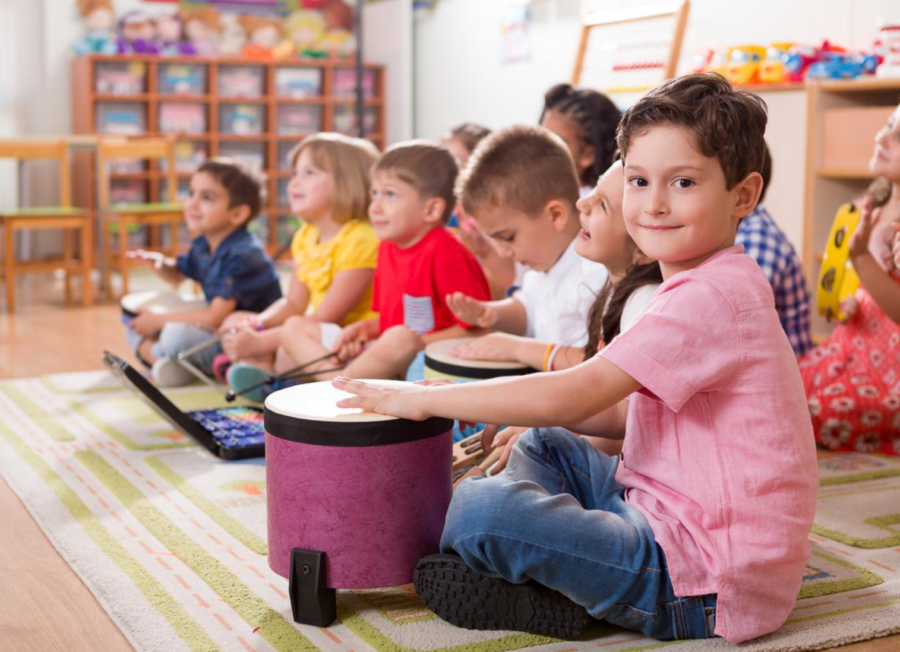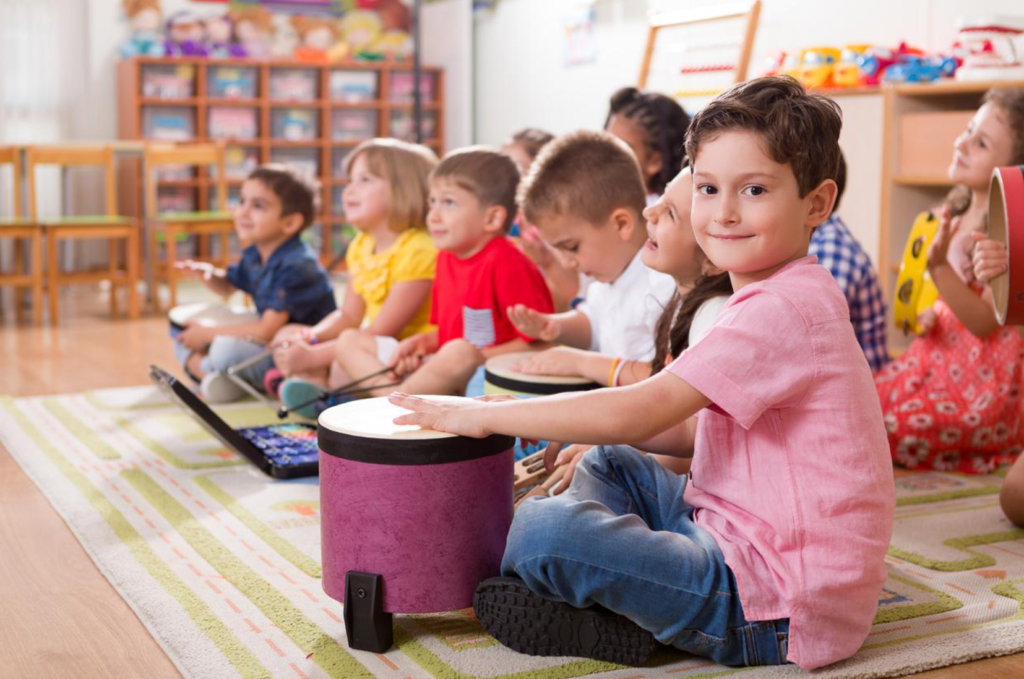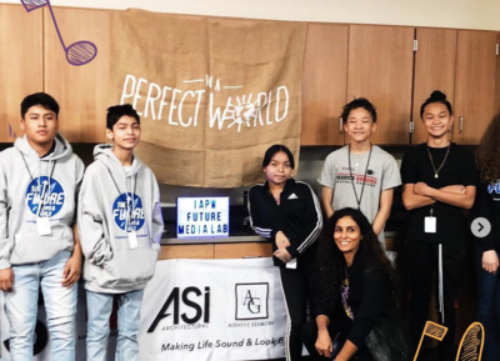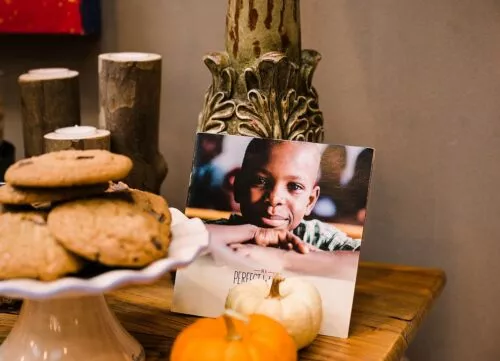
Music is one of humanity’s most powerful uniting forces. Almost all of us have some kind of positive relationship with it, whether it be from playing or listening. There is no doubt that it can uplift us, empower us, move us, heal us, and stir us to action in ways few other things can. It can also inspire us to heights of empathy and expressions of radical love. In short, music is a life force, particularly in troubling times.
Its benefits seem even more powerful when you consider its effect on youth development and empowerment. Here are seven ways that music helps young people grow and thrive.
1. It helps young people develop more empathy and compassion
In her article “Empathy in and through Music Education: Extending Artistic Citizenship,” music specialist Amanda Ellerbe writes that because music can overwhelm a person with emotion, it can help students develop their capacities for empathy and compassion.
Playing and listening to music helps develop “the faculty of empathy” in students. Hence, they are better prepared to call upon that empathy in other areas of their lives.
2. It inspires young people to address social problems and work for change
Ellerbe also notes, “By using artistic expression to address political issues, students can better understand and speak out about problems they find essential.”
Young people are increasingly interested in finding ways to express their thoughts in a rapidly evolving and often chaotic world. Music gives them such a space to find their voice.
3. Listening closely to music helps develop critical thinking skills
According to a report by Dr. David V. Mastran on behalf of the National Association for Music Education, listening to a piece of music challenges young people to hone their powers of analysis and evaluation. Students may also be asked to “identify the emotional intent of a piece and express that feeling in their own way,” a practice that helps them develop crucial socio-emotional skills, as well.
4. Playing music helps develop working memory
Whether students are learning how to sight-read, memorize lyrics, or build muscle memory for finger placement on a fretboard, it undoubtedly activates the memory centers of the brain. Mastran notes that the memorization activities associated with music learning “promote neurological growth and enhanced mental acuity.”
5. It helps develop cognitive skills related to planning and focus
Another set of cognitive skills Mastran mentions are those of planning and focus. Paying attention to the flow and rhythm helps students develop focusing skills. Meanwhile, learning, playing, and composing involve honing abilities related to planning and anticipation. In short, it is like a workout for various cognitive functions that young people need in all aspects of their lives.
6. Creating music with others helps young people learn teamwork
Collaboration is at the center of most music creation. While young people can, of course, benefit from solo training, they gain valuable teamwork skills when collaborating with peers. Doing so helps them learn to give and receive constructive feedback, work with different personality types, take turns, and overcome conflict for the purpose of creating something bigger.
7. Building musical skill instills confidence
As Jennifer Paterson of Music Think Tank writes, experience with “overcoming any trepidation about performing in front of others” as a young person can help “produce a confident and capable adult.”
Shy students will sometimes open up once an instrument is in their hands or they’re singing a solo. Plus, the practice of learning to play an instrument helps students feel confident in their ability to improve at something over time.
At In A Perfect World, we are dedicated to arts empowerment and youth development. Check out our Love 4 One Another program to learn more about the power of music to empower youth.



